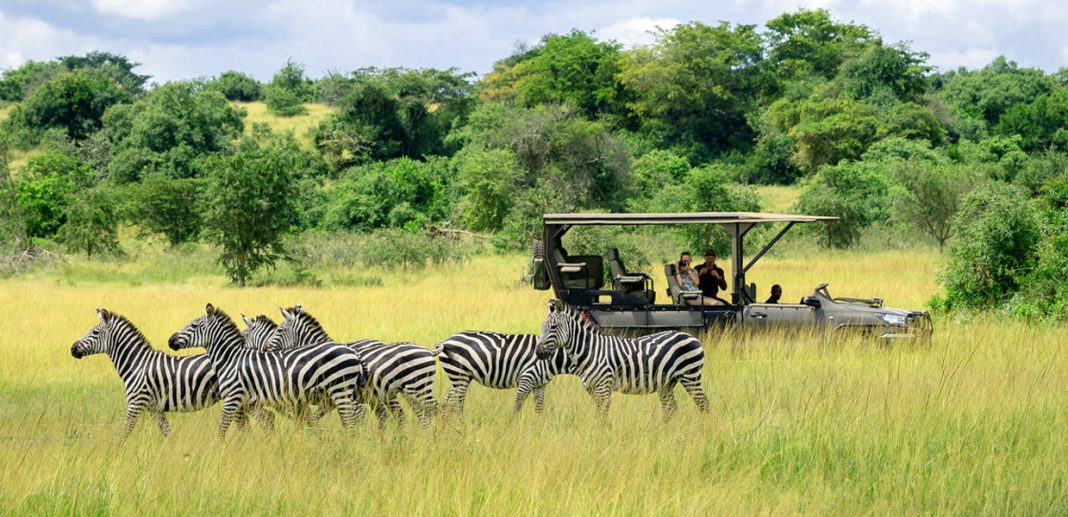Akagera National Park recorded 56,219 visitors in 2024, including 48,230 paying guests, with Rwandan citizens comprising 45% of the total. This reflects a 3.83% rise from the 54,141 visitors in 2023, generating $4.7 million (approximately Frw 6.6 billion) from $4.6 of the previous year.
According to a report shared by the park on Tuesday, its conservation efforts advanced significantly through innovative ecosystem monitoring using environmental DNA, alongside wildlife management initiatives such as collaring lions, elephants, and rhinos.
Moreover, the park celebrated the birth and survival of several black and white rhino calves, marking a key milestone in species recovery.
In addition, biodiversity surveys tracked thousands of butterflies and dung beetles, providing valuable insights into ecosystem health. Training programs for conservation staff and University of Rwanda students further strengthened local expertise and capacity.
Community engagement also thrived throughout the year. Over 2,000 students, hundreds of teachers and leaders, and around 8,000 community members participated in educational activities such as game drives and visits to the Savannah Learning Centre.
Furthermore, conservation-focused events like the Rhino Velo Race and Lion’s Cup football tournament drew approximately 25,000 attendees, amplifying awareness and support for conservation.
Local cooperatives equally benefited from park-supported initiatives. For instance, fishing cooperatives harvested over 130,000 kilograms of fish, while the beekeeping union produced 13 tonnes of honey valued at roughly $60,000.
Meanwhile, infrastructure upgrades included the renovation of Karenge Bush Camp and the construction of new ranger posts.
Sustainability measures, such as the introduction of clean cookstoves, solar heating systems, and a ban on single-use plastics, also reinforced the park’s strong commitment to environmental stewardship.



